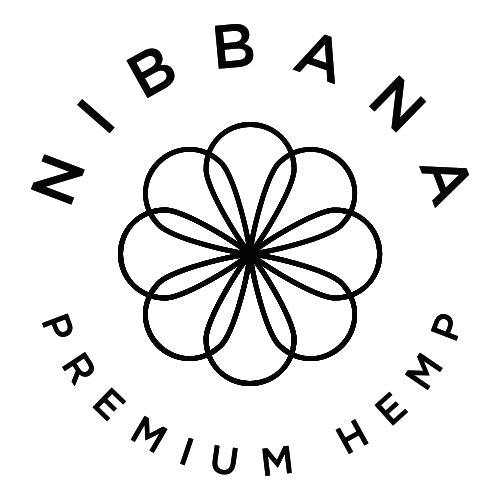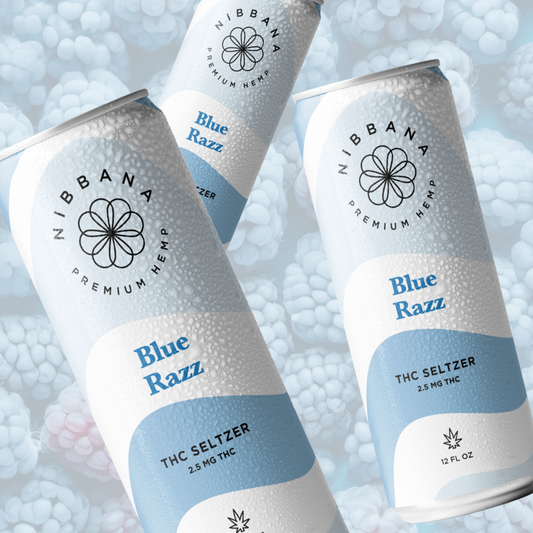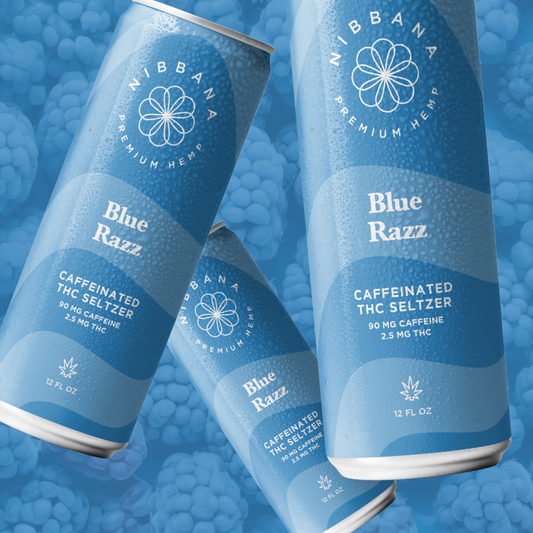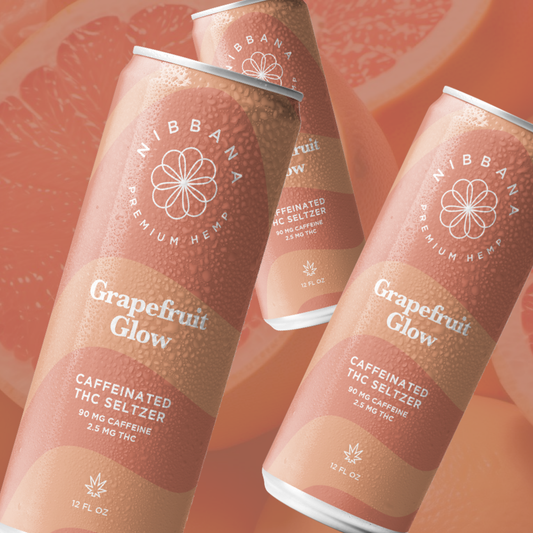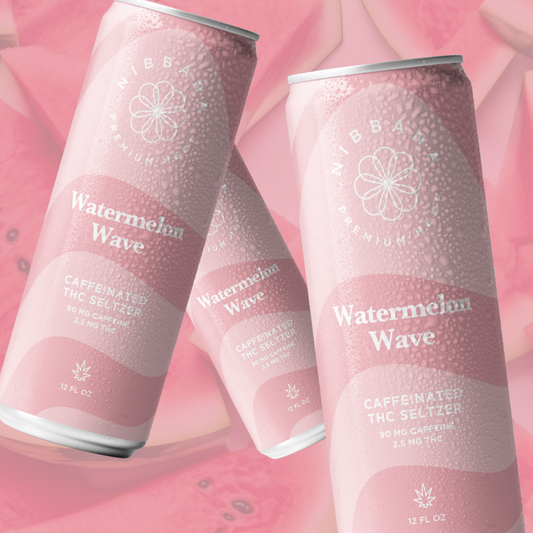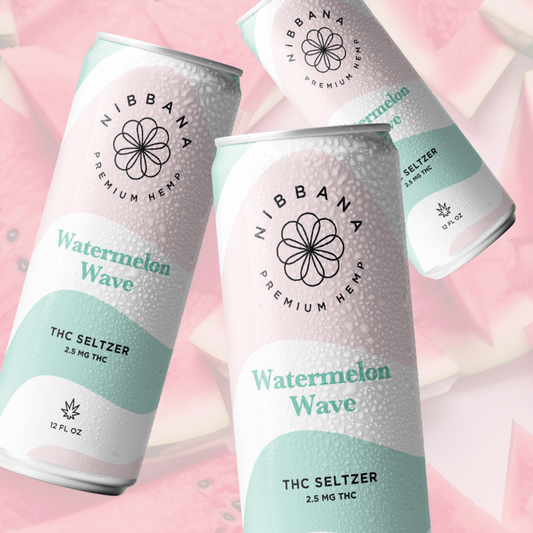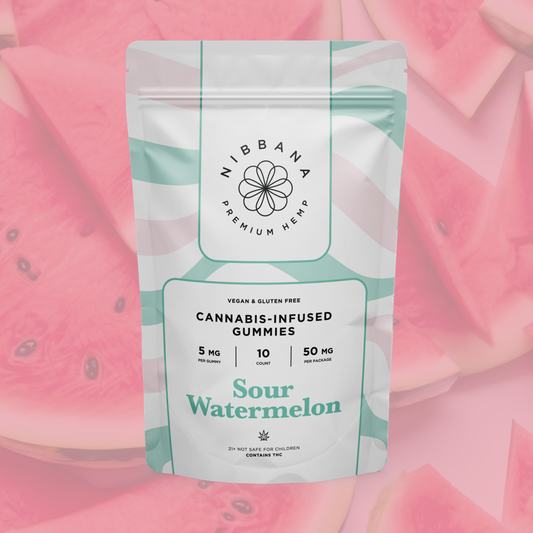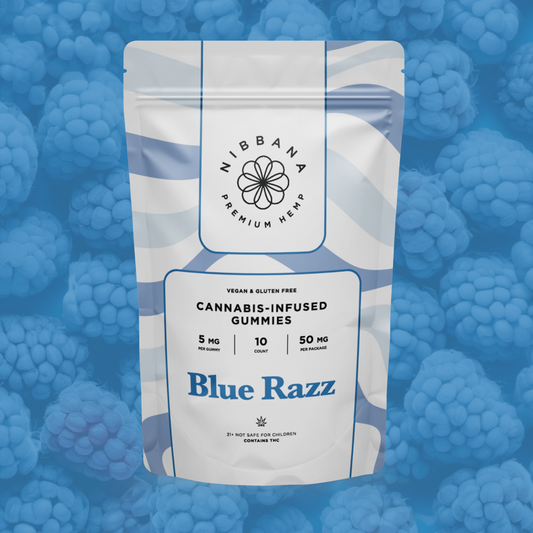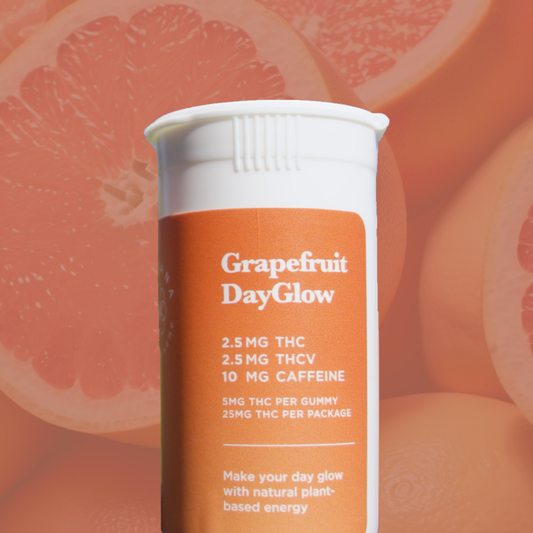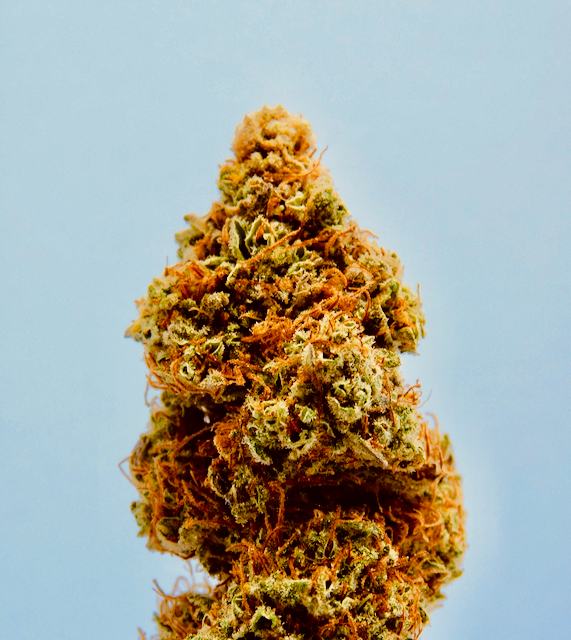
Understanding the Difference between CBD and Delta-9 THC
Understanding the Difference between CBD and Delta-9 THC
In recent years, the cannabis industry has experienced a surge in popularity, fueled by the growing interest in the therapeutic properties of cannabinoids. CBD (cannabidiol) and Delta-9 THC (tetrahydrocannabinol) are two of the most well-known cannabinoids derived from the cannabis plant. However, they have distinct characteristics and effects on the human body. Let's delve into the key differences between CBD and Delta-9 THC.
CBD: CBD is a non-intoxicating compound found in cannabis. It has gained significant attention for its potential therapeutic benefits, such as reducing anxiety, alleviating pain, and promoting relaxation. Unlike Delta-9 THC, CBD does not produce a "high" or euphoric sensation commonly associated with cannabis use. It interacts with the body's endocannabinoid system, primarily targeting CB1 and CB2 receptors to promote balance and homeostasis.
Delta-9 THC: Delta-9 THC is the primary psychoactive compound in cannabis responsible for its intoxicating effects. It binds to the CB1 receptors in the brain, leading to the euphoric and mind-altering sensations associated with marijuana use. It may also have therapeutic properties, such as pain relief and appetite stimulation, but its intoxicating nature makes it a controlled substance in many jurisdictions.
Key Differences:
- Psychoactive Effects: While Delta-9 THC produces intoxication, CBD does not have psychoactive properties and does not alter one's state of mind.
- Legal Status: CBD derived from hemp plants with less than 0.3% Delta-9 THC is legal in many countries, whereas Delta-9 THC is classified as a controlled substance in most jurisdictions.
- Medical Applications: CBD is commonly used for its potential therapeutic benefits, including reducing inflammation, managing anxiety, and aiding in sleep. Delta-9 THC is used medicinally in some cases, such as for pain relief or appetite stimulation in cancer patients.
Conclusion: CBD and Delta-9 THC are two distinct compounds derived from the cannabis plant, with different effects on the human body. CBD offers potential therapeutic benefits without intoxication, making it more widely accepted and legally available. On the other hand, Delta-9 THC is known for its psychoactive properties and is heavily regulated. Understanding these differences is crucial for individuals seeking to explore the potential benefits of cannabinoids while making informed choices about their consumption.
